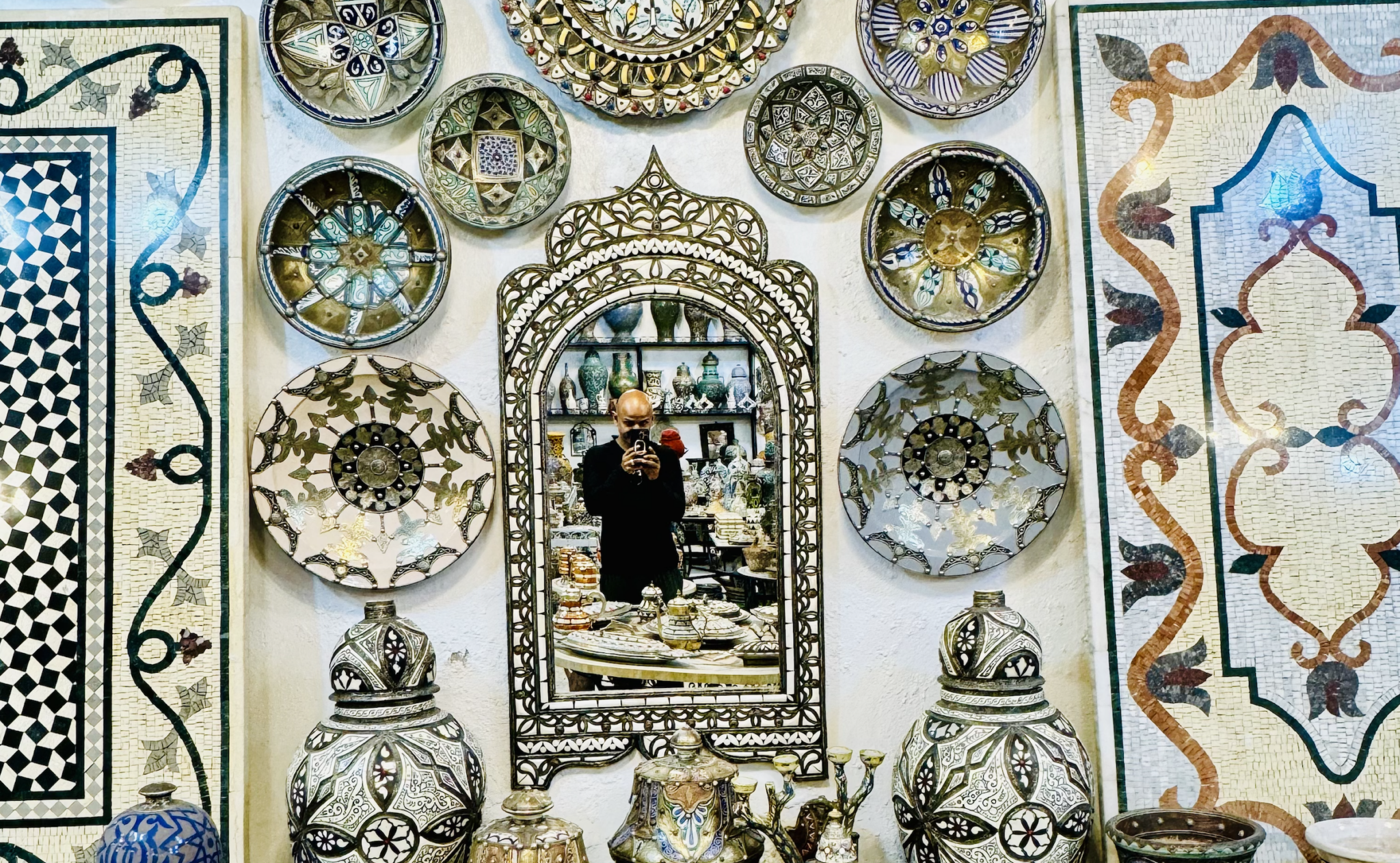Moving Beyond Brands: The Rise of Individual Voices in Travel

Skift Take
This is the third in a series of video diaries I am doing while spending time in Morocco for a family commitment. I am experimenting with this video diary format to share my thoughts on the travel industry through the lens of my stay here. Here’s the first one, which was on preserving authenticity in a digital age and the second one, on the renewed importance of visiting-friends-and-relatives travel in a globally mobile world.
The third one is below. If you aren’t able to view the video properly here, check it out directly on my LinkedIn post.
The Imperative of Hands-On Leadership in the Travel Industry
As I continue my journey here in Morocco, I've been thinking through the evolving role of leadership within the travel and tourism industry. Today, I want to share some insights on why it's crucial for CEOs, founders, and top executives in our industry to be deeply involved in the details of their organizations and to communicate directly with both their internal teams and external audiences.
Being in the Details: A Necessity for Travel Industry Leaders
In my conversation with Brian Chesky, the CEO and founder of Airbnb, we discussed the importance of leaders being intimately connected with every aspect of their companies. Brian emphasized that as a leader in the travel industry, you must be the chief product officer—fully engaged with the intricacies of your business. This hands-on approach is essential in our industry, where customer experience and service are paramount.
The Shift Towards Trusting Individuals Over Brands
We're witnessing a significant shift in consumer behavior: people are placing more trust in individuals rather than brands. This trend is especially relevant in the travel industry, where personal experiences and recommendations often guide traveler choices. Traditional marketing and PR efforts are no longer sufficient; travelers seek authentic connections and insights from real people behind the brands.
Active Engagement on Social Platforms
Looking at the travel industry, leaders from regions like the Middle East are setting an example by actively engaging on platforms like LinkedIn. They share updates, insights, and behind-the-scenes looks in their own voices, offering a personal touch that resonates with both industry peers and travelers. This approach not only humanizes their brands but also builds stronger relationships in a B2B context and with consumers.
In contrast, many U.S. travel and tourism leaders appear distant, often relying on PR teams or automated tools for communication. This detachment can make their messaging feel impersonal, missing the opportunity to connect meaningfully with their audience.
Overcoming Challenges Unique to the Travel Industry
Some executives might argue that being part of a public company limits their ability to communicate openly. While there are regulations to consider, transparency and authenticity are still achievable and perhaps even more critical in the travel industry. Brian Chesky is a prime example of a leader who navigates these challenges effectively, especially on platforms like Twitter.
Relying solely on brand messaging is no longer adequate in our industry. Travelers today crave deeper connections—they want to know the people who are shaping their travel experiences. By stepping forward and sharing their perspectives, travel industry leaders can foster trust and loyalty that goes beyond traditional marketing.
Integrating Authentic Communication into Company Culture
It's essential for travel industry leaders to be hands-on internally and to communicate this involvement externally. This means moving beyond conventional PR strategies and embedding authentic communication into the company's culture. Sharing your passion for travel, your insights into the industry, and your commitment to enhancing traveler experiences can significantly impact how your company is perceived.
The Ripple Effect on Company Culture and Customer Relations
When leaders in the travel industry are openly engaged, it positively influences company culture and resonates with travelers. Employees feel more connected and motivated, knowing that their leaders are invested in the details. Customers develop a stronger affinity for the brand when they see genuine passion and transparency from its leaders. This creates a ripple effect that enhances both internal morale and external reputation.
In an era where authenticity and personal connection are highly valued, especially in the travel industry, leaders must adapt by being present and vocal. The rise of the individual over the brand is a call to action for executives to step out from behind corporate facades and share their vision and enthusiasm directly.





